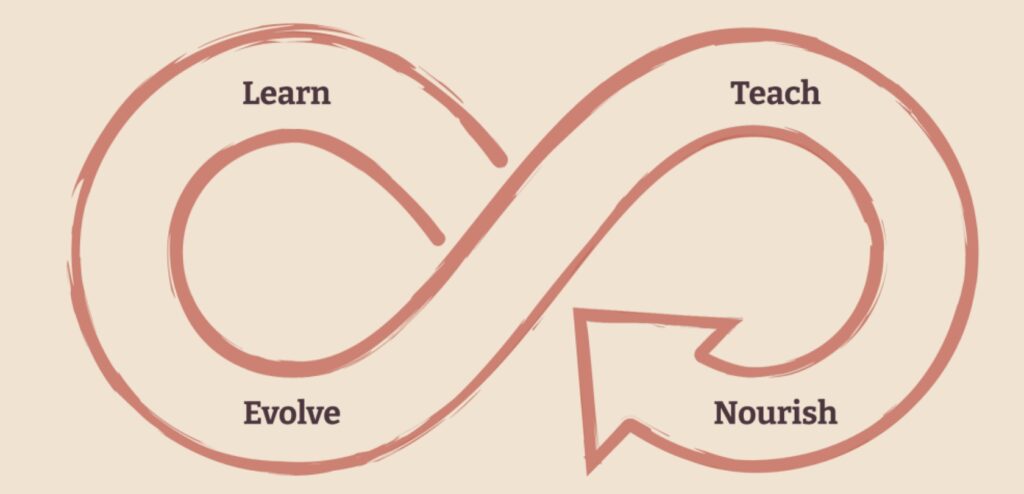WordCamp US 2024 is in full swing, and Matt Mullenweg, co-founder of WordPress, shared his thoughts on a powerful philosophy driving Open Source.
Ecosystem Thinking
Mullenweg introduced the concept of “Ecosystem Thinking,” a philosophy that drives successful collaborative projects.
“Actual Open Source licenses are the law that guarantees freedom, the bulwark against authoritarianism. But what makes Open Source work isn’t the law, it’s the ethos. It’s the social mores. It’s what I’m now calling Ecosystem Thinking: the mindset that separates any old software with an open source license from the software that’s alive, that’s humming with activity and contributions from a thousand places.” he noted.
This philosophy comprises four essential elements:
- Learn: Embrace the beginner’s mindset and constantly engage with new ideas.
- Evolve: Apply what you learn to the next iteration, allowing real-world feedback to guide you.
- Teach: Teaching others reinforces your own understanding, spreading knowledge throughout the ecosystem.
- Nourish: Share the fruits of your success with the broader community to help everyone thrive.
‘Nourish’ is the philosophy behind WordPress’s Five For the Future initiative, where companies and individuals commit a portion of their resources to supporting the WordPress project and ecosystem. This ethos is what keeps Open Source alive and vibrant.
Mislabeling Open Source
He also shared the challenges Open source is facing. Even though Open Source has taken over as an “intellectual and moral movement,… false prophets like Meta are trying to co-opt it.” He referenced Meta’s “open-source” AI model, Llama, as a prime example of this trend.
While LLaMA is free, its license restricts use for companies with over 700 million active users. Mullenweg argued that although Meta has the right to impose such terms, labeling it as “Open Source” misleads the public.
Vote with your Wallet
Mullenweg encouraged the community to “vote with your wallet” by supporting companies that actively contribute to the Open Source ecosystem. He praised organizations like Newfold, Awesome Motive, 10up, Godaddy, Hostinger, and Google but warned of “parasitic entities that just want to feed off the host without giving anything back.”
To make his point, Mullenweg compared the Five For the Future contributions from Automattic and WP Engine, a competitor of similar size. Automattic contributes 3,786 hours per week, while WP Engine contributes just 47.
“Those of us who are makers, who create the source, need to be wary of those who would take our creations and squeeze out the juice. They’re grifters who will hop onto the next fad, but we’re trying to build something big here, something long term—something that lasts for generations,” he said.
Mullenweg urged the community to be mindful of their choices: “Think about that next time it comes up to renew your hosting or domain, weigh your dollars towards companies that give back more, because you’ll get back more, too. Freedom isn’t free.”
This is not the first time Mullenweg has discussed this point. “Those who care about the future of WordPress should spend their dollars with less parasitic companies,” he said in 2022.

